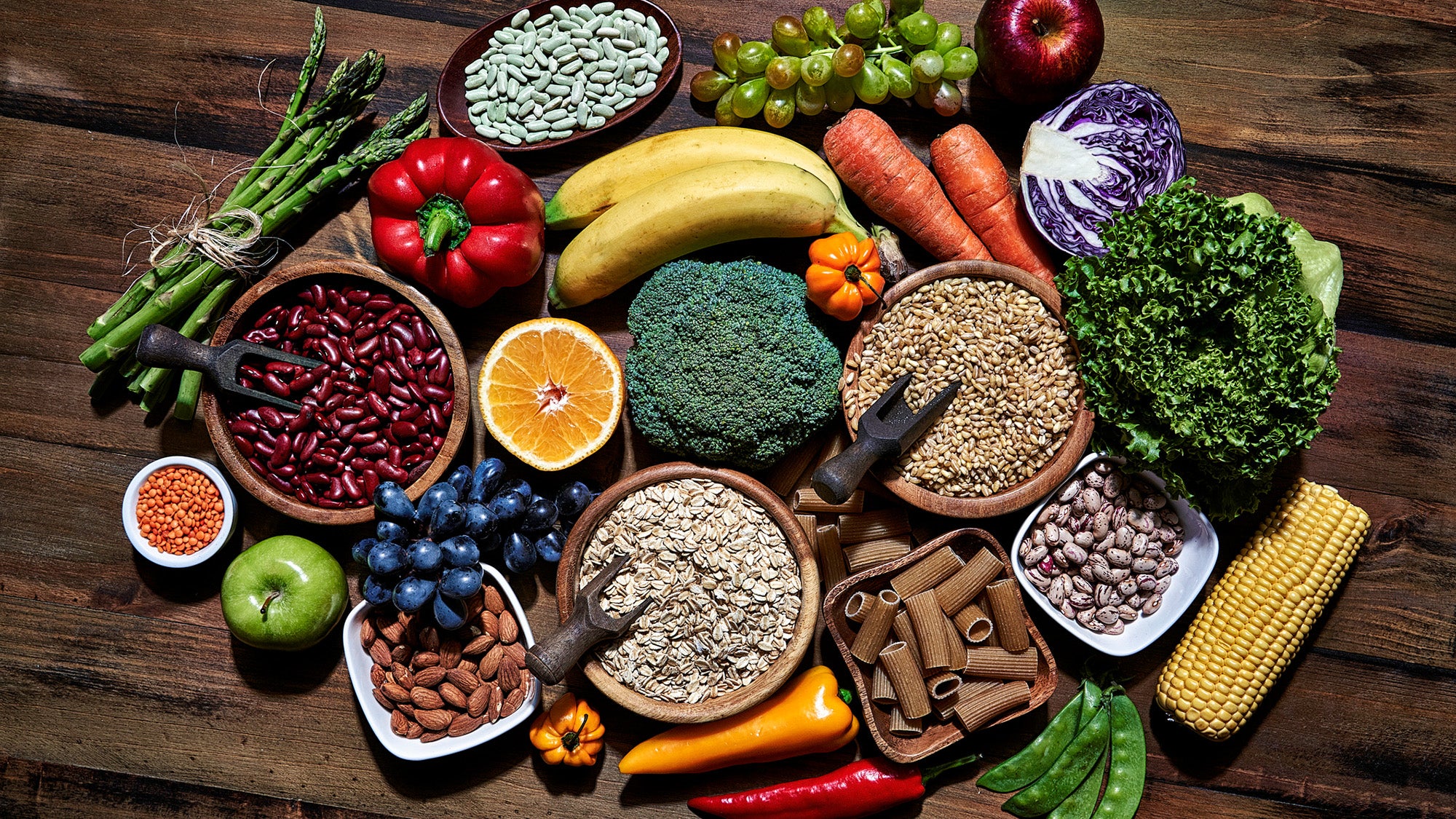Op-ed: Ultra-processed foods should not be focus of U.S. nutrition policy

A “Make America Healthy Again” report on childhood health, released by the White House in May, cites ultra-processed food as a leading cause of chronic disease—but making these foods “the new dietary villain” could be a misstep, according to Harvard T.H. Chan School of Public Health’s David Ludwig.
In an Oct. 6 Washington Post op-ed, Ludwig, professor in the Department of Nutrition, wrote that ultra-processed foods are defined imprecisely and studies have not definitely shown that diets without them have long-term health benefits. Therefore, he argued, nutrition policies should not overgeneralize and recommend that all of them be cut out.
He recounted the major effort by the U.S. government and nutrition experts half a century ago to convince the public to follow low-fat diets in order to prevent chronic disease. However, the approach was not strongly supported by research and led to unintended consequences: Processed carbs such as sugary beverages and sweetened breakfast cereals became commonplace, and obesity and diabetes rates increased.
Ludwig pointed out that ultra-processed foods—defined as having at least one major food component or additive not used in traditional cooking methods—include actually healthy foods such as olive oil created by processing olives. Furthermore, the potential health benefits of diets without ultra-processed foods have not been studied comprehensively, he noted.
“Launching another broad public health prevention campaign based on ambiguous observational studies and weak clinical trials risks a redux of the low-fat diet debacle,” he wrote. He recommended that health officials should instead focus on the subset of foods that have strong scientific evidence of causing harm, including refined grains, sugar, and other highly processed carbohydrates.
Read the Washington Post op-ed: Dietary fat was a scapegoat. Now MAHA is naming a new one.


